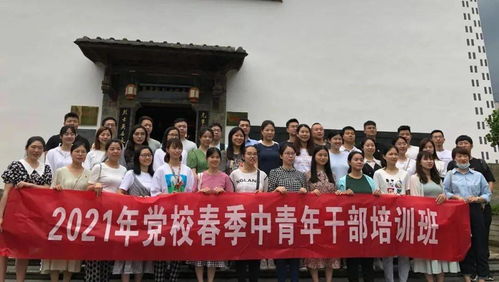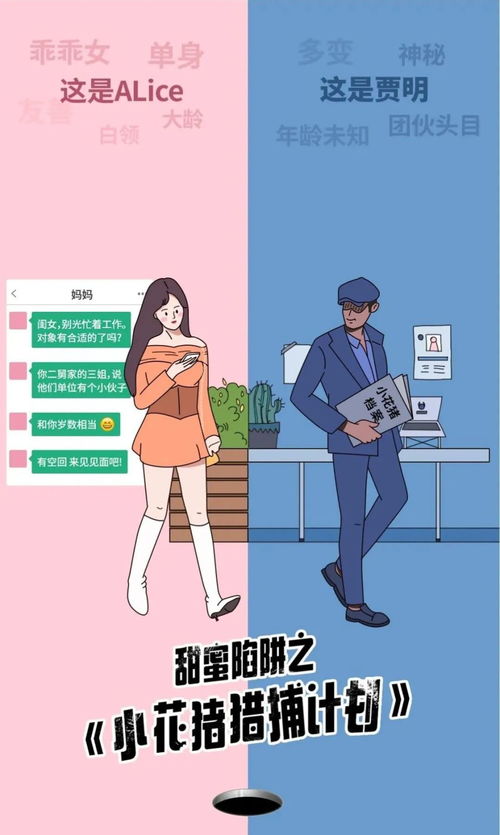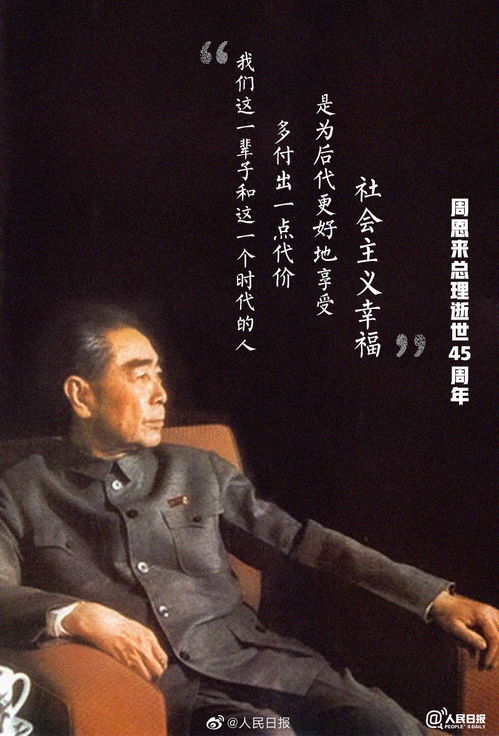在全球化时代,翻译具有重大意义,它促进了不同文化间的交流与理解,打破语言障碍,使人们能获取全球各地的知识、思想和信息,通过翻译,文学作品得以在世界范围内传播,丰富了人类的精神文化宝库,翻译也面临诸多挑战,不同语言的语法、词汇、文化背景差异巨大,要准确传达原文的意义和风格极为困难,快速变化的时代需求也对翻译的时效性和质量提出更高要求,但尽管如此,翻译在全球化进程中的重要作用不可忽视,它依然是促进国际合作、增进相互了解的关键桥梁。
Abstract: This paper explores the significance of translation in the context of globalization. It discusses how translation plays a crucial role in facilitating cross-cultural communication, knowledge dissemination, and international business. Additionally, it examines the various challenges faced by translators in ensuring accurate and effective translations. The paper also highlights the importance of technological advancements in improving translation processes and concludes by emphasizing the need for continuous professional development among translators.
Introduction
In today's highly interconnected world, translation has become an essential part of our lives. It enables people from different countries and cultures to communicate, share ideas, and collaborate effectively. Translation is not only necessary for written materials such as books, articles, and business documents but also for oral communication in various fields such as international conferences, diplomacy, and tourism. The ability to translate accurately and efficiently has become a valuable skill in many industries, including law, medicine, and education.
The Significance of Translation
-
Facilitating Cross-Cultural Communication Translation is the bridge that connects different cultures and languages. It allows people to understand and appreciate the ideas, values, and traditions of other cultures. Without translation, cultural exchange would be severely limited, and misunderstandings and conflicts would be more likely to occur. For example, when a foreign film is subtitled or dubbed in a local language, it becomes accessible to a wider audience, promoting cultural understanding and appreciation.
-
Enabling Knowledge Dissemination Translation is crucial for the spread of knowledge and information. Many important scientific, technological, and cultural works are originally written in languages other than the local language. Translation makes these works available to a global audience, facilitating the progress of human knowledge. For instance, academic research papers are often translated into multiple languages to ensure that they can be accessed and studied by scholars around the world.
-
Supporting International Business In the globalized economy, translation is essential for international trade and business. Companies need to communicate effectively with their international partners, customers, and suppliers. Translation of marketing materials, contracts, and legal documents is necessary to avoid misunderstandings and ensure smooth business operations. Moreover, translation services can help companies enter new markets by providing accurate information about their products and services to potential customers.
-
Promoting Tourism Tourism is a significant industry that relies heavily on translation. Tourists need to be able to communicate with locals, understand signage, and access tourist information. Translation of brochures, menus, and tour guides helps to enhance the tourist experience and makes destinations more accessible and welcoming to international visitors.
The Challenges Faced by Translators
-
Linguistic and Cultural Differences One of the main challenges for translators is dealing with the vast differences in languages and cultures. Each language has its own unique grammar, vocabulary, and idiomatic expressions. Translators need to have a deep understanding of both the source and target languages to accurately convey the meaning and tone of the original text. Cultural differences also pose a challenge, as certain concepts, values, and references may not have an equivalent in the target language. Translators need to be sensitive to these cultural nuances and find appropriate ways to convey the intended meaning.
-
Terminology and Jargon In many specialized fields such as medicine, law, and technology, there are specific terminologies and jargons that require accurate translation. Translators need to be familiar with the relevant fields and use the correct technical terms to ensure that the translated text is clear and understandable. This requires continuous learning and staying updated with the latest developments in different industries.
-
Subjectivity and Ambiguity Translation is not always a straightforward process, as texts can be ambiguous or open to interpretation. Translators need to make decisions about how to translate certain words or phrases based on their understanding of the context and the intended message. This subjectivity can lead to differences in translation among different translators, even when working on the same text.
-
Time Constraints In the fast-paced business world, translators often face tight deadlines. They need to complete translations quickly without sacrificing quality. This requires efficient time management and the ability to work under pressure. Translators may also have to handle multiple projects simultaneously, which can further add to the challenge.
Technological Advancements in Translation
-
Machine Translation The development of machine translation has revolutionized the translation industry. Machine translation software uses algorithms and artificial intelligence to translate text automatically. While machine translation has improved significantly in recent years, it still has limitations and is not yet a perfect substitute for human translation. However, it can be a useful tool for initial translations, providing a quick and cost-effective way to get a basic understanding of a text.
-
Translation Memory Tools Translation memory tools help translators to reuse previously translated segments of text. These tools store translations in a database and suggest matches when a similar text needs to be translated. Translation memory tools can save translators time and effort by reducing the need to retranslate the same content repeatedly. They also improve the consistency and quality of translations by ensuring that similar expressions are translated in the same way.
-
Cloud-Based Translation Platforms Cloud-based translation platforms allow translators to access and work on projects from anywhere in the world. These platforms provide a centralized location for storing and managing translation projects, making it easier for translators to collaborate with clients and colleagues. Cloud-based translation platforms also offer features such as version control, commenting, and translation memory integration, enhancing the overall translation process.
The Future of Translation
-
The Growing Demand for Translation Services With the continued growth of globalization, the demand for translation services is expected to increase. As more companies expand their international operations and more people engage in cross-cultural communication, the need for accurate and efficient translations will become even more pronounced.
-
The Blending of Human and Machine Translation In the future, it is likely that human and machine translation will work together in a more integrated way. Machine translation will continue to improve, and translators will be able to rely on it more for initial translations and for providing quick translations in emergency situations. However, human translators will still be essential for handling complex and specialized texts, as well as for ensuring the quality and cultural appropriateness of translations.
-
The Importance of Specialized Translation Skills As different industries continue to develop and become more specialized, the need for translators with specific skills and knowledge in those fields will also increase. Translators will need to continuously update their skills and stay current with the latest developments in their areas of expertise to meet the demands of the market.
-
The Need for Professional Development To succeed in the future of translation, translators will need to invest in their professional development. This includes continuous learning, attending training courses and conferences, and building a strong network of colleagues and clients. Translators should also stay updated with the latest technological advancements and explore new tools and techniques to improve their translation efficiency and quality.
Conclusion
Translation is a vital activity that plays a crucial role in facilitating cross-cultural communication, knowledge dissemination, and international business. Despite the challenges it faces, translation has become more accessible and efficient with the help of technological advancements. In the future, the demand for translation services is expected to continue to grow, and translators will need to adapt to the changing landscape by developing specialized skills and working in collaboration with machine translation. By investing in their professional development and staying updated with the latest trends and technologies, translators can ensure that they remain relevant and valuable in the globalized world.








 京公网安备冀I陇ICP备2022000946号-1
京公网安备冀I陇ICP备2022000946号-1
还没有评论,来说两句吧...